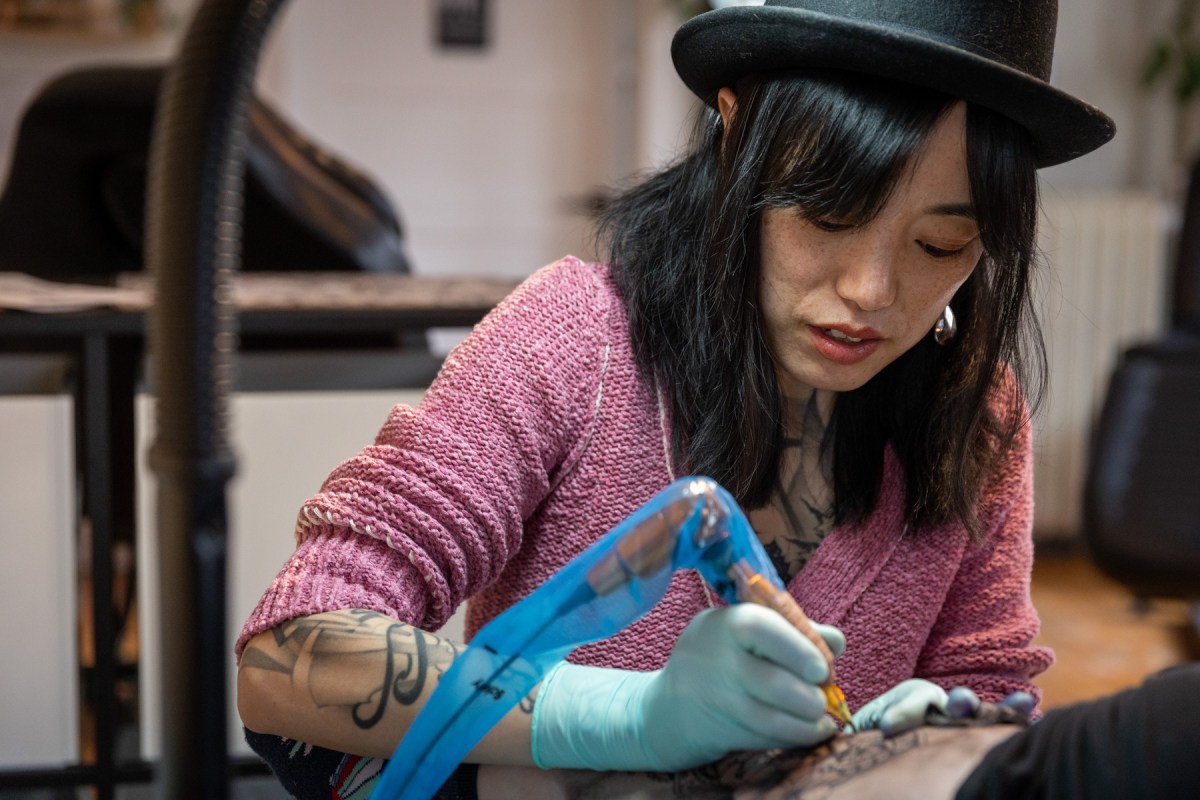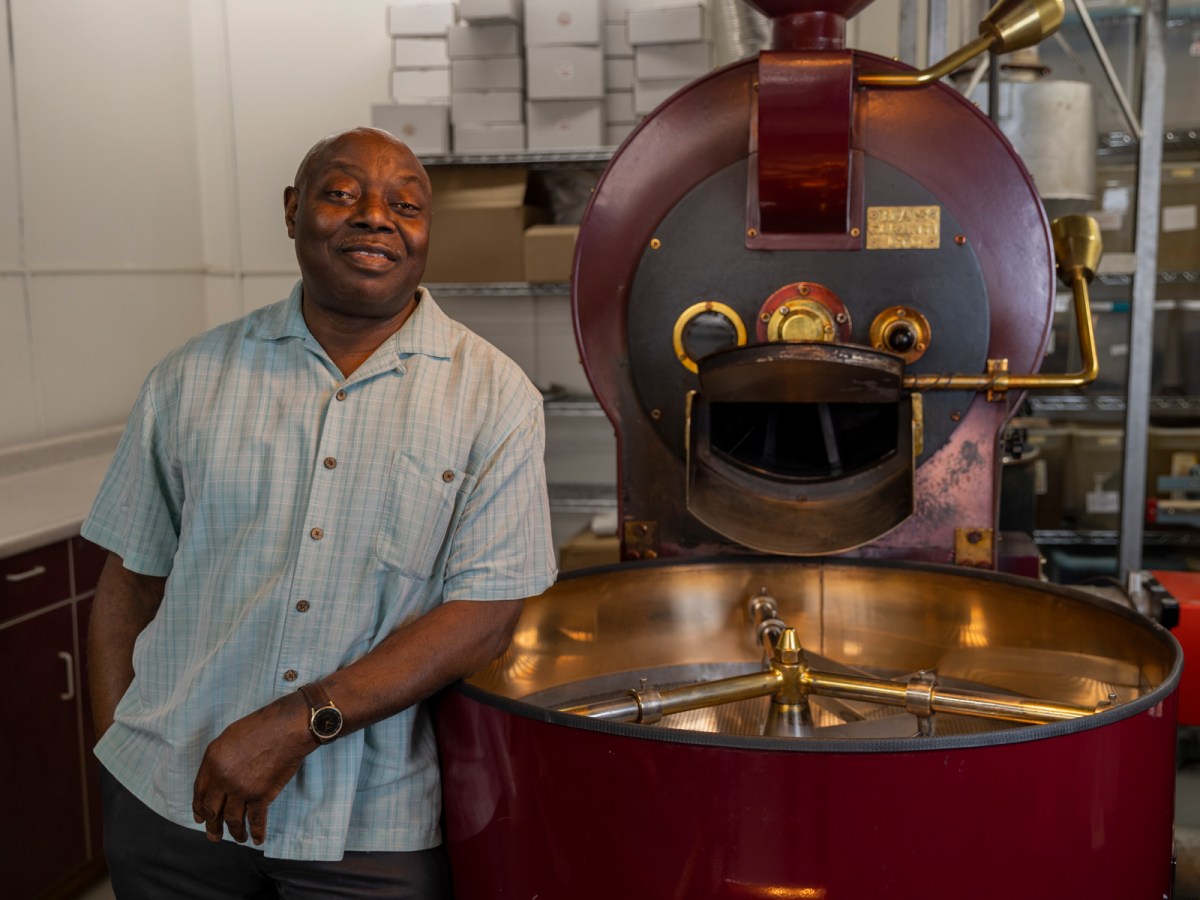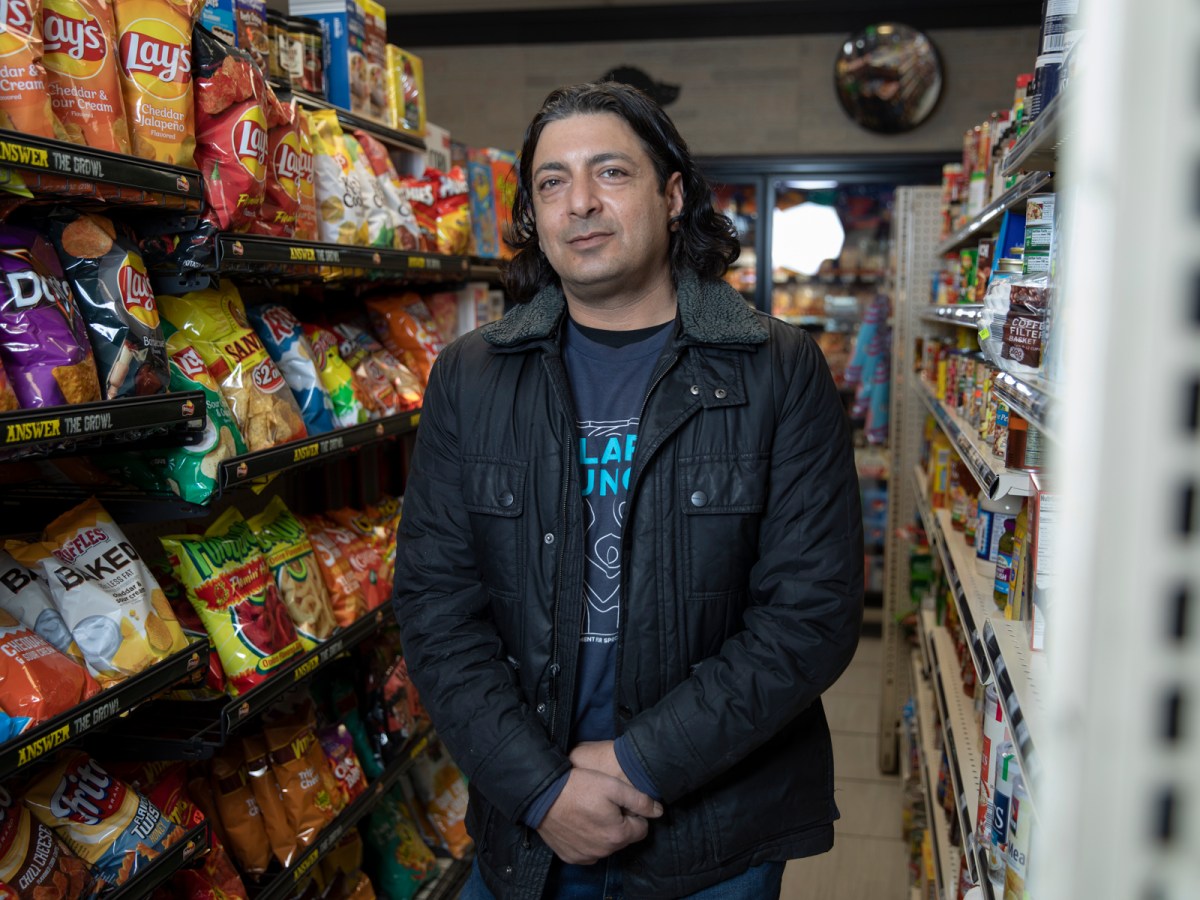Growing up in Fuxin, a mining and agricultural center in northeast China, Jessie Zhang was always keenly interested in art. She absorbed this from her father, who was talented with watercolors and collected art books. While he didn’t offer her instruction, Zhang pored over his library from an early age. Drawing, she said, soon became “my hobby and my passion.”
Zhang’s enthusiasm for body art came later – and almost by accident
At the time, she was in her early 20s and had met an American with a thing for tattoos. Her future (and now ex) husband liked to get inked in China because Chinese artists work more cheaply than their American counterparts. And because he didn’t speak Chinese, Zhang would tag along on his visits to parlors.
“I had to go with him to translate and bargain for prices,” Zhang recalled. “In the beginning, I was scared of the needles and the machines. It sounded like the drill at the dentist. The first few times, I couldn’t even look. But the more I went, the more curious I got. I started to watch how they do it, how they handle the machines. I thought: That would be a super cool job. I could have fun with that.”
At her husband’s urging, Zhang did a tattoo apprenticeship in China before the couple relocated to the U.S. After moving to suburban Boston in 2008, Zhang fell into a funk — and tattooing fell to the wayside. Homesick and isolated, Zhang said, she had to learn how to live like an American.
About “Making It in Minnesota”: This ongoing Sahan Journal series will highlight the experiences, challenges, and successes of immigrant business owners—in their own words. We’d like to share your business story, too.
If you’re an immigrant business owner or entrepreneur, please get in touch with us at tips@sahanjournal.com. (Feel free to suggest a favorite business we should write about, too.) Please use the subject line “Making It in Minnesota.”
In Fuxin, where most people rely on mass transit, she didn’t need to know how to drive a car. Suburbia was a different story. She thought about tattooing but was discouraged by the myriad requirements to get a license in Massachusetts.
Eventually, Zhang found work as a sales associate at the retail chain Bath & Body Works. She was hired around Thanksgiving and it wasn’t long before the boss took note of her work ethic amidst the holiday rush. Still, she was surprised and buoyed when she was named employee of the month.
Her then-husband’s career led to a series of moves around the country. After relocating to Austin, Texas, Zhang gave birth to her first child and spent two years as a stay-at-home mom – a period she frankly characterizes as “the best time of my life.”
She got back into tattooing after the family moved to St. Petersburg, Florida, where she shared a shop with three male artists – an arrangement she ultimately found unsatisfactory. The business was open to the general public, with lots of walk-ins, so artists had little choice when it came to subject matter. Though she didn’t care for the work, Zhang said she would tattoo sports team logos because she needed the money. She felt the same way about “tribals” – solid, all black tattoos that require tedious amounts of fill-in inking.
After yet another move, Zhang opened a shop in Hudson, Wisconsin, which she ran for six years. It was busy and profitable but Zhang yearned to live and work in a more urban environment – some place with a little more bustle, some place that felt a little more like Fuxin.
Ultimately, she found what seemed to be an ideal spot for such a live-work arrangement – a handsome, pre-War duplex on St. Paul’s Grand Avenue, a prosperous and lively commercial district in the historic Summit-Hill Neighborhood. Getting her various licenses in order was an expensive ordeal, capped by the requirement that she install a handicapped-accessible bathroom in the duplex’s lower unit.
“There were many moments I was close to giving up. I still had my Hudson shop and it was running very successfully. But then I thought, I’ll try one more step,” she recalled. “I’m very happy I didn’t give up.”

After about two years of preparations, Zhang opened a private, appointment-only studio last August. It’s cozy and brightly lit, with big windows that look out on Grand Avenue. Business, Zhang reports, has been robust. She estimates that over 90 percent of her clients are women who are drawn to the intricate and delicate stylings (Examples of her work can be found at jessiethetattooartist.com )
When Zhang acquired her duplex, there were two big posts in the front yard designed to hold a large commercial sign. Zhang had them removed.
Why? Between her Instagram feed and her already established customer base from Hudson, Zhang said, she already had all the business she needed.
“I don’t want to work too much. I don’t want to get overwhelmed. I just have that small oval sign hanging on the outside. As long as people can find me, I’m good,” said Zhang. “My book is very full. I’m booked until May right now, so my days are always busy and full.”
Taking her usual mid-day break from her labors, Zhang spoke to Sahan Journal about her experiences building a tattoo business in Minnesota.
The customer isn’t always right: “You need to be a very good communicator because tattoos are permanent. You have to be a responsible artist. Sometimes I tell people straightforward, ‘This is not a good idea.’ Sometimes people want to put 20 toppings on a small pizza and it’s just not going to taste good.”
That artist-client chatter can be pretty rewarding: “I’m a single mom at this moment. I have other single mom clients, other female small business owners. I feel understood by those clients. They are almost my therapist. I’m almost their therapist, too. When they sit in a chair for two or three hours, you have to talk about something.”
Instagram — and worth of mouth – are all you need: “I have so many clients who found me on their Instagram feed. I do not use any other social media. The rest is word of mouth. ‘You tattooed my roommate or my sister-in-law or my coworker.’”
If you can, only do the type of work you want to do: “If somebody wants a Harley-Davidson logo, I won’t do it. I don’t do sports team logos or tribals, either. I’m at a stage where I can pick and choose. I do a lot of floral and botanical designs, really anything nature-related. It’s interesting in the Midwest, where the cabin is such a big thing. A lot of people come in and bring me a picture from the cabin where they used to go and they want a tattoo to remind them.”
If you have kids, set aside family time even if it means giving up work: “I don’t work on weekends. I only work when my kids are at school. This is very important to me. I used to work weekends and I missed so much time with family. So I changed my hours. Some people don’t understand that. They’re like, ‘What, you don’t work on a Saturday?’ People expect that if you are in the service industry, you have to work on weekends. I say: ‘You know what, I don’t. if you want a tattoo bad enough, you can find the time during the week.’”







